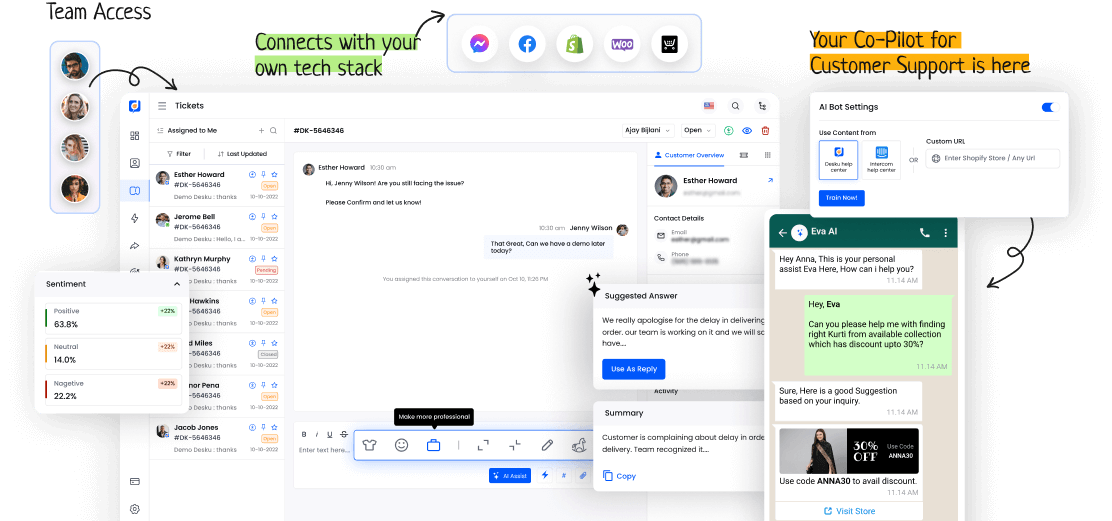In customer service, Skills-Based Routing is a key strategy. It raises efficiency and makes customers happier. It pairs customer questions with skilled agents.
This process ensures a smooth, custom-made experience. Yet, setting it up and dealing with possible issues needs a deep look. A study of Skills-Based Routing opens up new chances to change customer service.
I. Understanding Skills-Based Routing
In customer service, it's vital to grasp skills-based routing. It boosts efficiency and raises customer happiness.
Skills-based routing pairs incoming questions with the best agents. This ensures a quick, tailored reply. It cuts down wait times and ups the number of issues resolved on the first call. This leads to happier customers.
Getting better at our work and making customers happy are key to using skills-based routing methods.
II. Implementation of Skills-Based Routing
Integrating skills-based routing in a customer service system needs careful planning and smooth execution. Challenges may come up from the need to match agent skills with incoming questions, setting routing rules, and making sure the system is compatible.
Proper training is vital to prepare agents to deal with different customer interactions well. Beating these challenges and giving thorough training are vital for successful skills-based routing implementation.
III. Benefits and Drawbacks of Skills-Based Routing
Think about the good and bad points of skills-based routing in customer help systems.
- Good and bad points:
- It makes customers happier
- Makes agents work better
- Solves issues in the first call
- May make wait times longer
Knowing how it affects work speed can guide choices about using skills-based routing.









